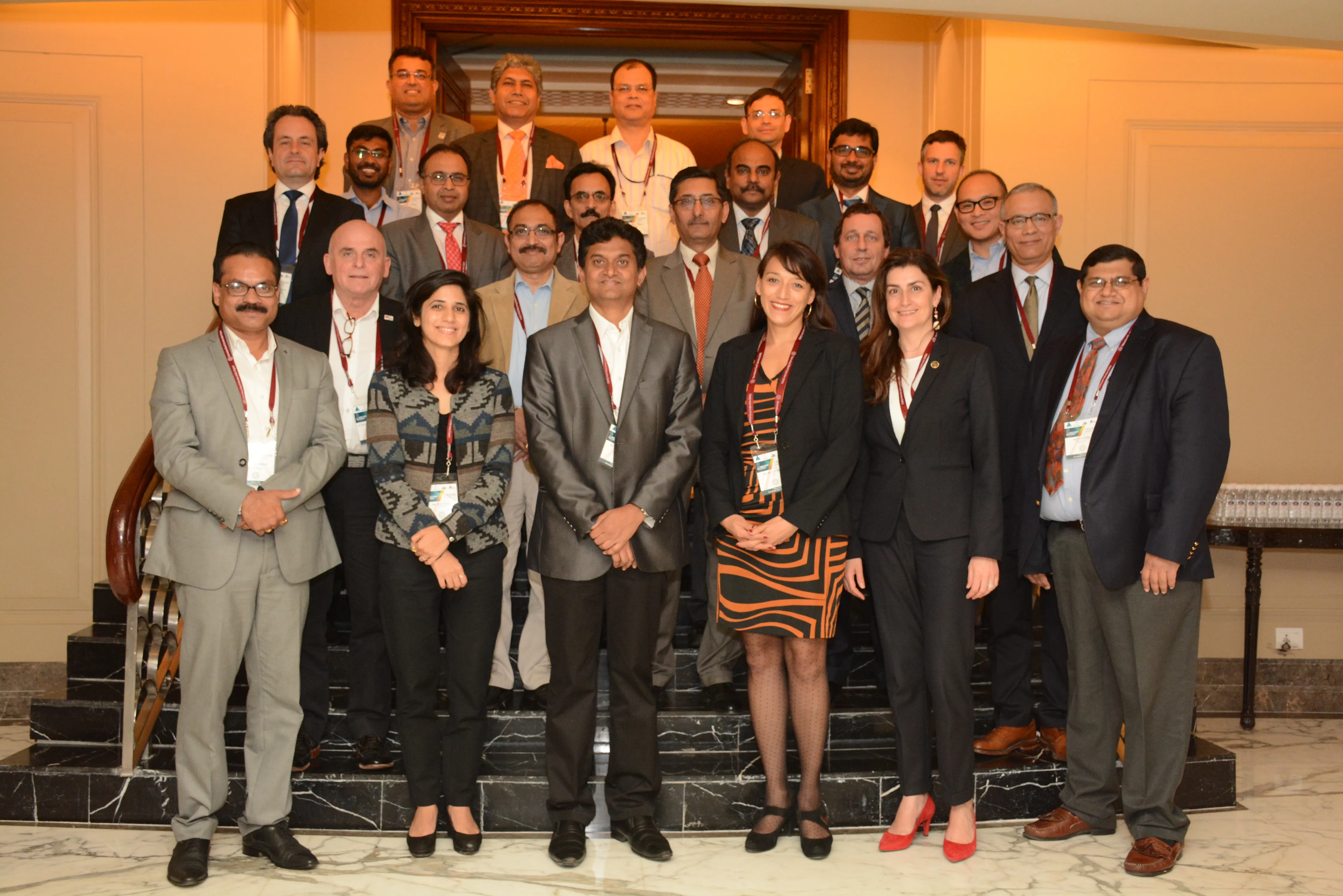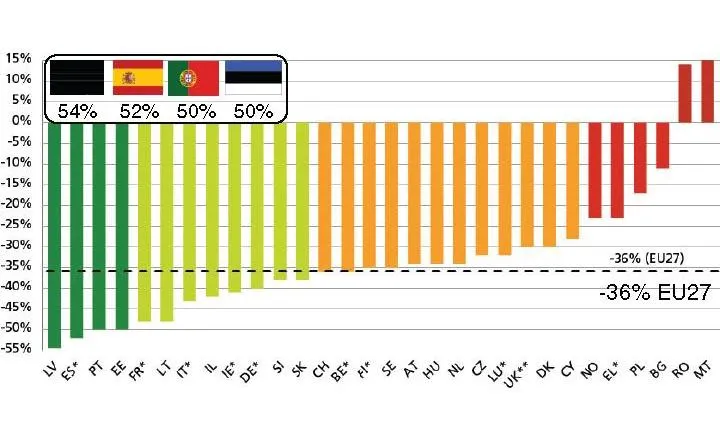The authorities in India and Sri Lanka are targeting drink driving in a bid to cut crashes. Both countries have high road accident levels and with high annual fatality rates. In a bid to reduce the annual death toll, similar actions are being taken in both nations that focus on tackling drink driving. Data from Sri Lanka show that in 2012, there were 2,190 reported road-related fatalities and of these, negligence and drunk-driving were the main causes of crashes. But despite increased enforcement of traffic
January 8, 2013
Read time: 2 mins
The authorities in India and Sri Lanka are targeting drink driving in a bid to cut crashes. Both countries have high road accident levels and with high annual fatality rates. In a bid to reduce the annual death toll, similar actions are being taken in both nations that focus on tackling drink driving. Data from Sri Lanka show that in 2012, there were 2,190 reported road-related fatalities and of these, negligence and drunk-driving were the main causes of crashes. But despite increased enforcement of traffic rules in Sri Lanka during 2012, there has not so far been a corresponding drop in fatal road accidents. In 2012, there were some 6,283 serious accidents on Sri Lanka’s road network with, on average, 150 crashes and six deaths/day. Police figures suggest that there were 39,089 reported road accidents in Sri Lanka in 2012, a 5.6% jump from the 2011 figure of 37,000. The Sri Lankan authorities are currently considering what further measures can be introduced to help turn the tide of road related fatalities in the country. Meanwhile in India’s capital New Delhi, a campaign called Road Safety Week was carried out recently. This was organised by the country’s 1143 Ministry of Road Transport and Highways in partnership with the 2462 IRF and highlighted the risks of drink driving in particular. This campaign had the theme 'Stay Alive, Don't Drink and Drive'.







